We recently connected with Liza Quin and have shared our conversation below.
Liza , thanks for joining us, excited to have you contributing your stories and insights. Earning a full time living from one’s creative career can be incredibly difficult. Have you been able to do so and if so, can you share some of the key parts of your journey and any important advice or lessons that might help creatives who haven’t been able to yet?
I’ve been able to earn a full-time living from my creative work for 20 years. However, when aspiring artists ask me for advice when trying to quit their day job, I do let them know that it may change their relationship with their art. On occasion, if things were tough, I remember taking on jobs as a singer that felt like they were breaking my soul. I found myself going to “work” at times feeling like I was really unhappy to be there, and that felt awful. Prior to that, I had never considered my work a “job.” I also wished at times that I had learned certain skills you may learn at a “regular” job. I think it’s important for – particularly music artists – to learn that that consistent paycheck they’re getting at the job they want to leave is going to help them pay for the things they need along the way. So, my advice is always to be sure they plan accordingly, strategize, and set themselves up to have multiple revenue streams. I was fortunate to place a bunch of songs early on in my songwriting career, and that provided me a cushion of passive income for many years. It eventually dwindled as I moved on to other things, but that came in clutch many times.
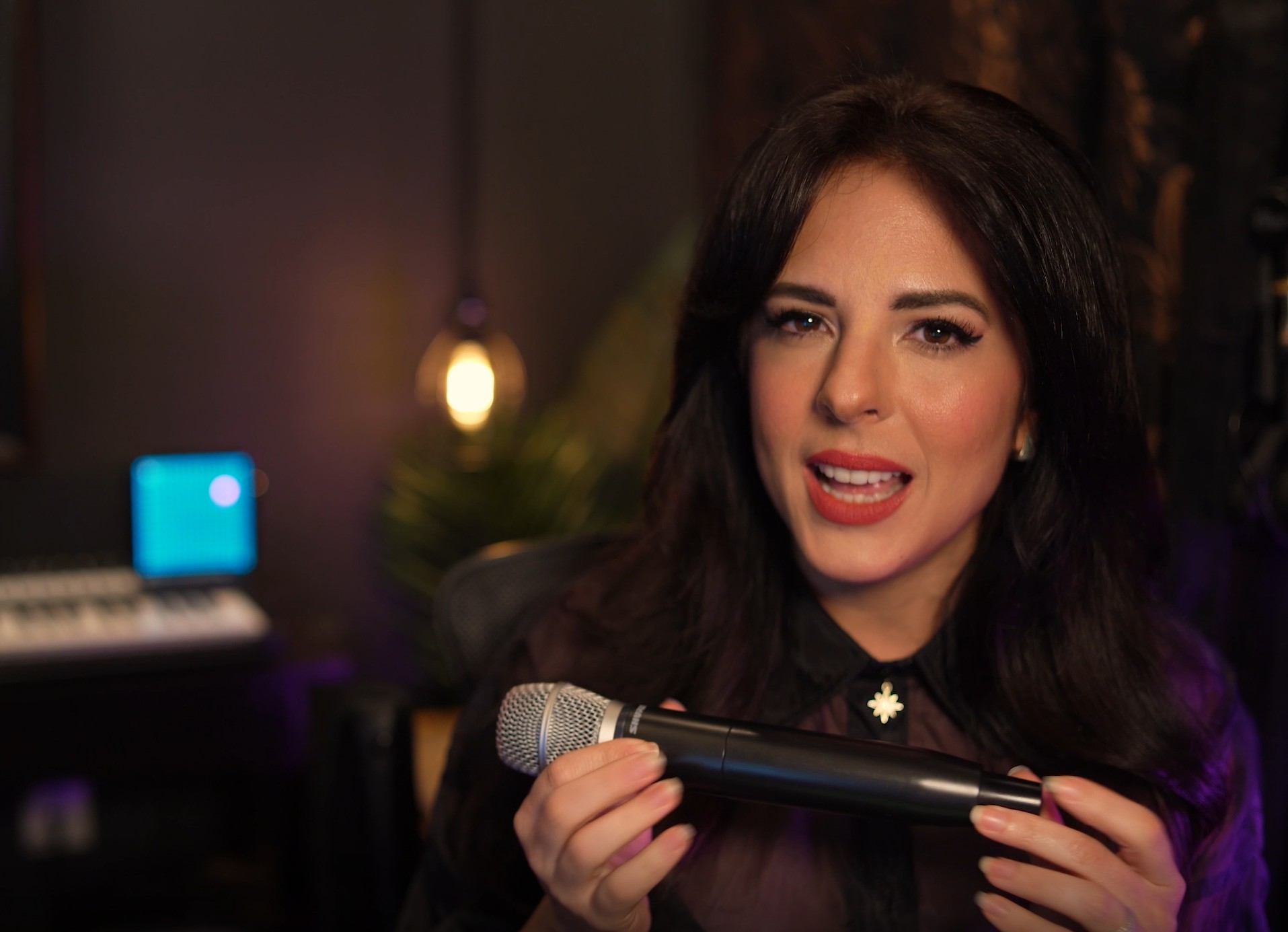
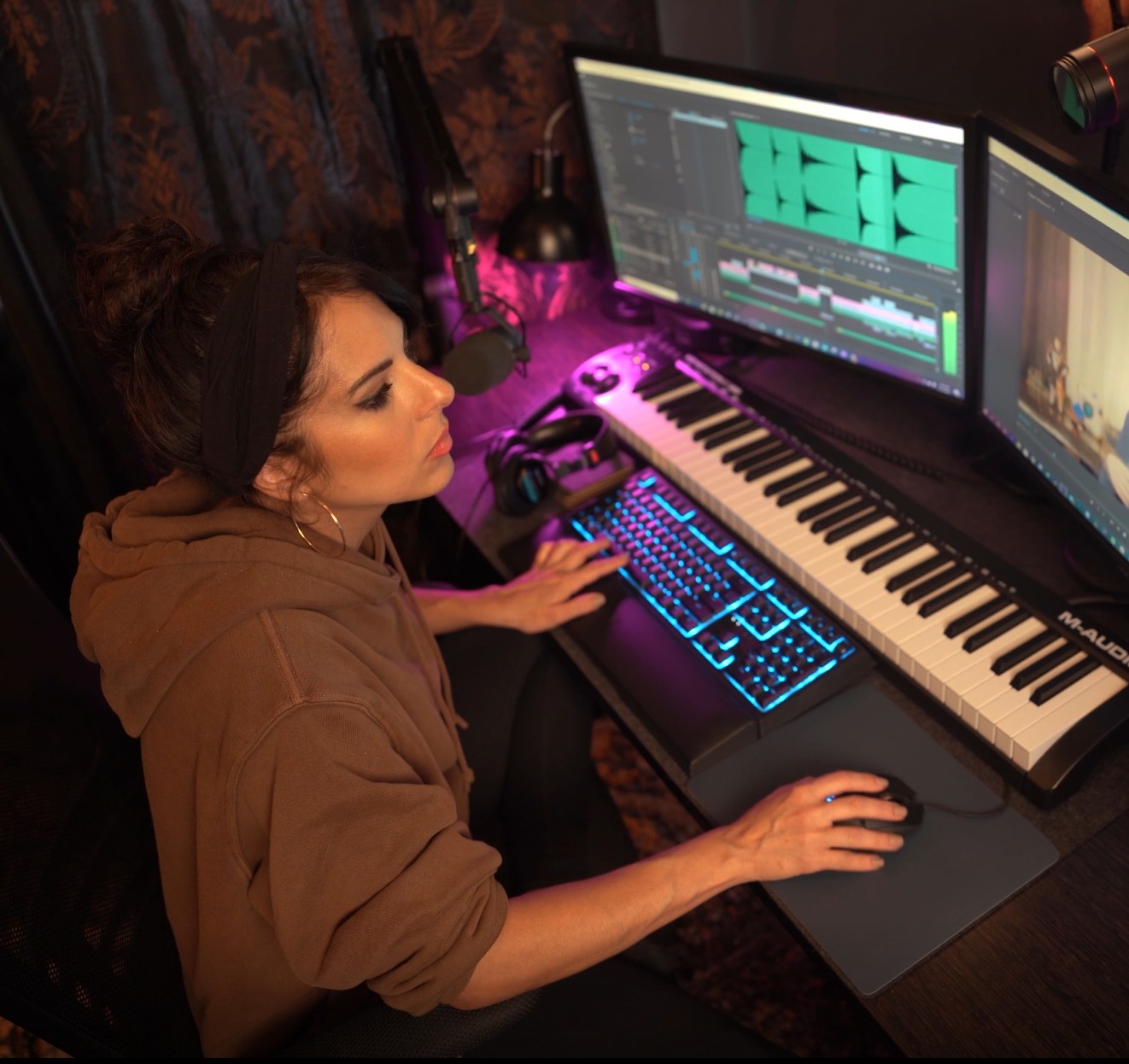
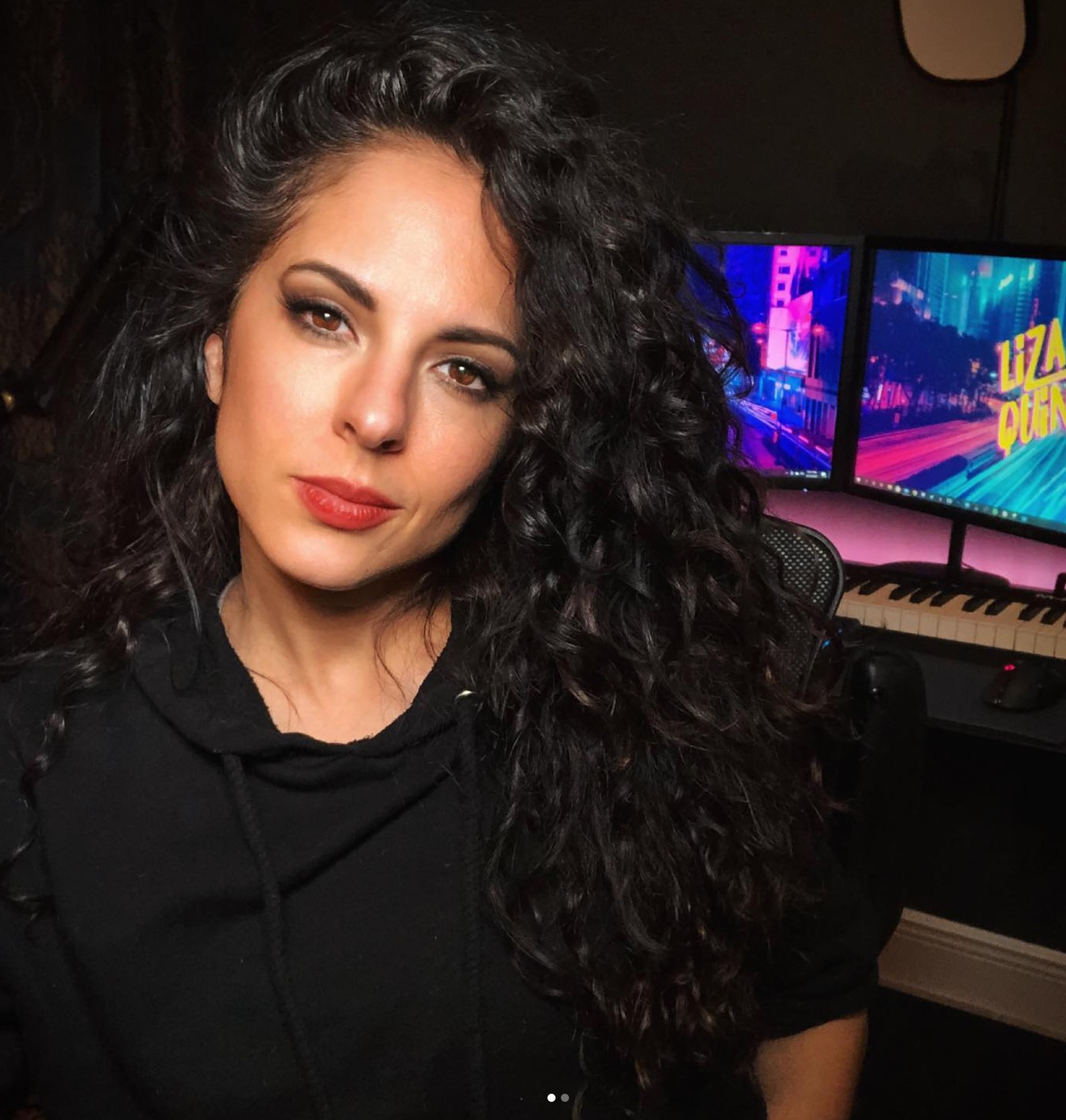
Liza , before we move on to more of these sorts of questions, can you take some time to bring our readers up to speed on you and what you do?
I was basically a kid who always loved to create. ANYTHING. But, performing and songwriting caught my attention early and I started developing those skills by the age of 10. I worked professionally in commercials, in stage shows, on cruise ships, wherever I could. And that was solely by choice. My parents never pressured me. After discovering musical theatre, I trained in that for several years, making my way through New World School of the arts for high school. I never stopped songwriting and recording, however. So, eventually, the summer after graduating high school, a friend of mine signed to Sony wanted to cut a record I wrote, and that started my songwriting career. I ended up working with many celebrities and my time with them in the studio lead me to fall in love with vocal production. I vocal produced almost all the records I co-wrote. Eventually, I became a touring back-up singer, and I wanted to dive even deeper into vocal technique, considering what a journey it had always been for me to learn certain skills and adapt to certain situations professionally. At one point, I realized that I was very comfortable behind-the-scenes and separated myself from performing to work with singers outside of the music “industry.” This taught me so much, made me relearn to appreciate the craft, reconnect me to my love of music and singing, and become a better vocal producer, ultimately. I decided to shift my thinking away from the need for validation as a performer and more toward helping others. That lead me to pivot the content on my YouTube channel towards vocal coach reactions and analysis and other content for singers and music lovers alike. In 6 months, the channel grew to 50k, and it really gave me a whole new excitement to create and connect with people again. My focus now is on being there for the clients that have been with me for years, continuing to vocal produce projects that excite me, and build my online audience so that I can find new ways to scale access to the skills and lessons I’ve learned along the way that can help people.
Any resources you can share with us that might be helpful to other creatives?
I wish I had understood YouTube and its audience the way I do now. I would have started and put effort into my channel consistently about 10 years ago, at least. Social media is your most valuable resource and attention is currency. I also wish I understood the concept of providing more value to my audience beyond the art I was creating.
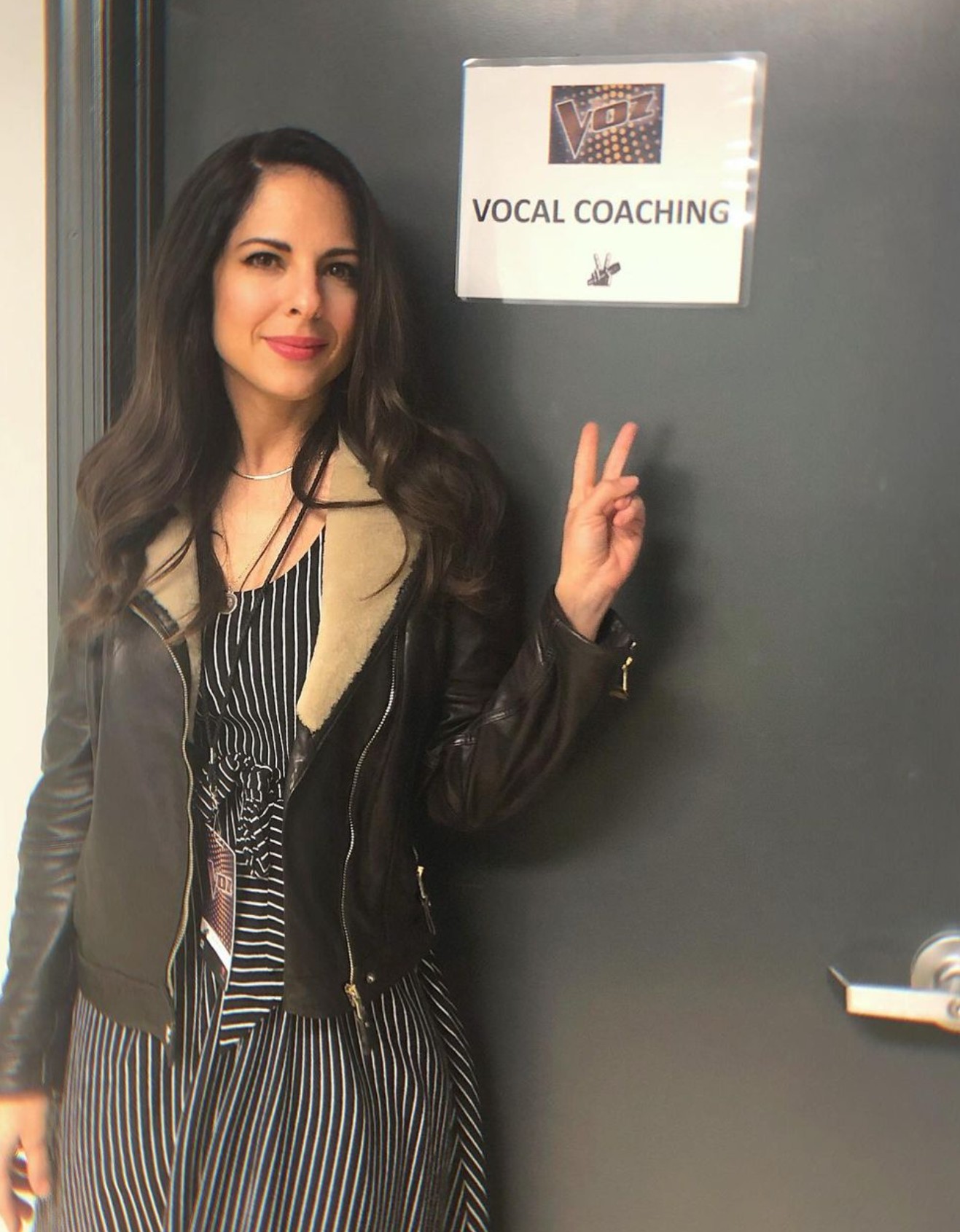
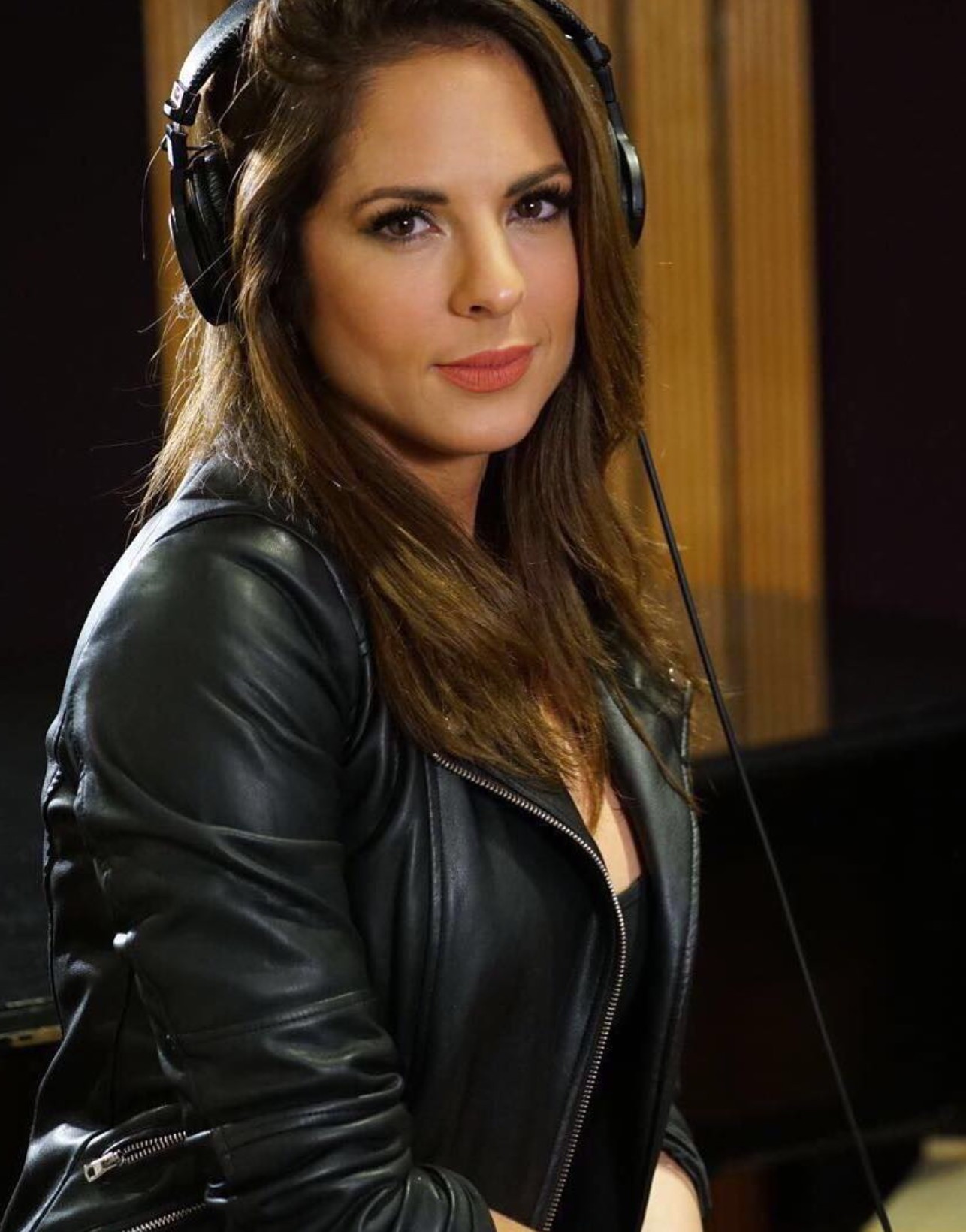
What’s a lesson you had to unlearn and what’s the backstory?
I had to unlearn the way I was doing things in entertainment. I always considered myself to be forward-thinking, or at least constantly attempting to be, but in a lot of ways I was stuck with the notion that I was dealing with the same industry I was dealing with when I started 20 years ago. And it just isn’t. Nothing was the same: Not who I was becoming, the art I was creating, the things that drove me, and the way I was reaching (or not reaching) people. The biggest lesson I learned so far is to let go of who I thought I was in order to become who I need to be. Sounds cliche, but it was true for me.
Contact Info:
- Website: LizaQuin.com
- Instagram: @Lizaquin
- Twitter: @Liza_Quin
- Youtube: Youtube.com/LizaQuin


